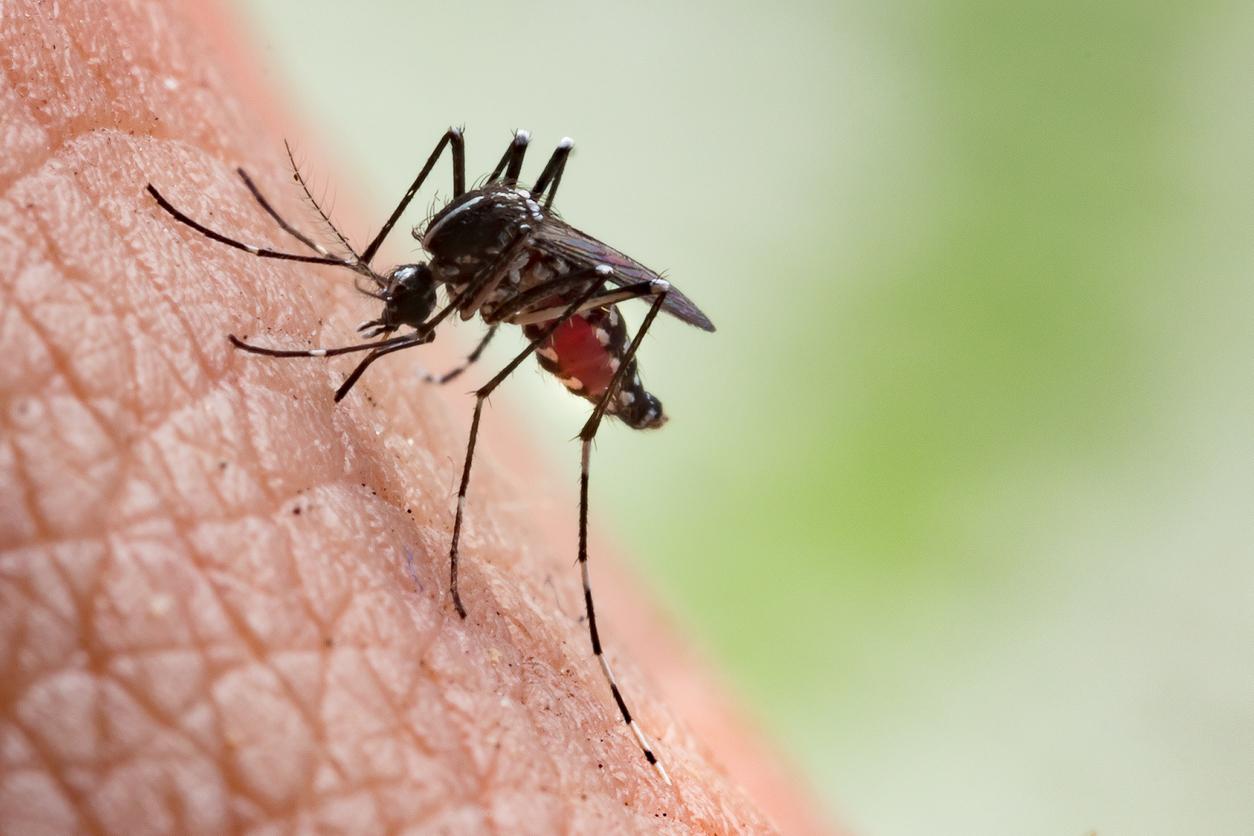The latest report on cancers in France from the Cancer Institute underlines the limits of organized screening: poor participation, risks of screening and lack of information.

Organized screening for breast or rectal colon cancer, free of charge and intended for populations at risk, should make it possible to reduce cancer mortality. For this, it would still be necessary for participation rates to be sufficient, underlines the National Cancer Institute (INCa) in its 2013 report “Cancers in France”, published this February 10.
Low participation
the organized breast cancer screening, generalized since 2004, is intended for women aged 50 to 69 years minimum. In theory, this organized screening should reduce breast cancer mortality by 15 to 21%. But only half of women have responded to invitations for several years. INCa estimates that it would be necessary to reach 70% for a real benefit to be drawn from it.
the organized screening for colorectal cancer has been carried out at home, via the Hemoccult test since 2008. The INCa estimates that with a participation rate of 50 to 60%, mortality among 50-74 year olds could be reduced by 15%. But here again, the participants are far fewer than expected: during the 2011-12 campaign, barely 32% of the target population collected their stool samples.
Risks that should not be overlooked
The benefits of organized screening are no longer to be demonstrated, but risks remain, particularly in the context of mammograms, recalls INCa. Radio-induced cancers, a consequence of irradiation during ionizing radiation examinations, are relatively rare (1 to 20 cases per 100,000 women). Overdiagnosis, on the other hand, is at the heart of the problem. The INCa recognizes this in its report: precancerous lesions, which would not have resulted in symptoms of cancer, are detected in 1 to 19% of cases. The women concerned do not benefit from the diagnosis and treatment. This remains marginal, but the authors of the report believe that it is possible to gain precision. It will therefore be necessary to develop methods for identifying biomarkers of tumor evolution, in order to avoid unnecessary treatments as much as possible.
Screening for colorectal cancer by colonoscopy rarely results in serious events. But the risks are very real, and always higher with age, notes the INCa report. In addition to the risks inherent in anesthesia, there is a danger of intestinal perforation or severe bleeding. This only represents 3 cases per 1000. But after the age of 79, the risk is quadrupled.
Strong inequalities
Organized screening does not affect all segments of the population in the same way. While he wants to promote “more equal access” to the healthcare offer, we see that the privileged populations prefer individual screening. Thus, women from privileged backgrounds associate organized screening with lower quality care. The lack of information is clearly the cause according to the INCa report: “The recent investigation by Médecins du Monde provides information on the reasons for non-completion, by women in a precarious situation, of a cervico-vaginal smear. . The lack of information takes precedence. The disparities can also be observed in space: the lower the socioeconomic level of a territory, the lower the participation rate.
.

















